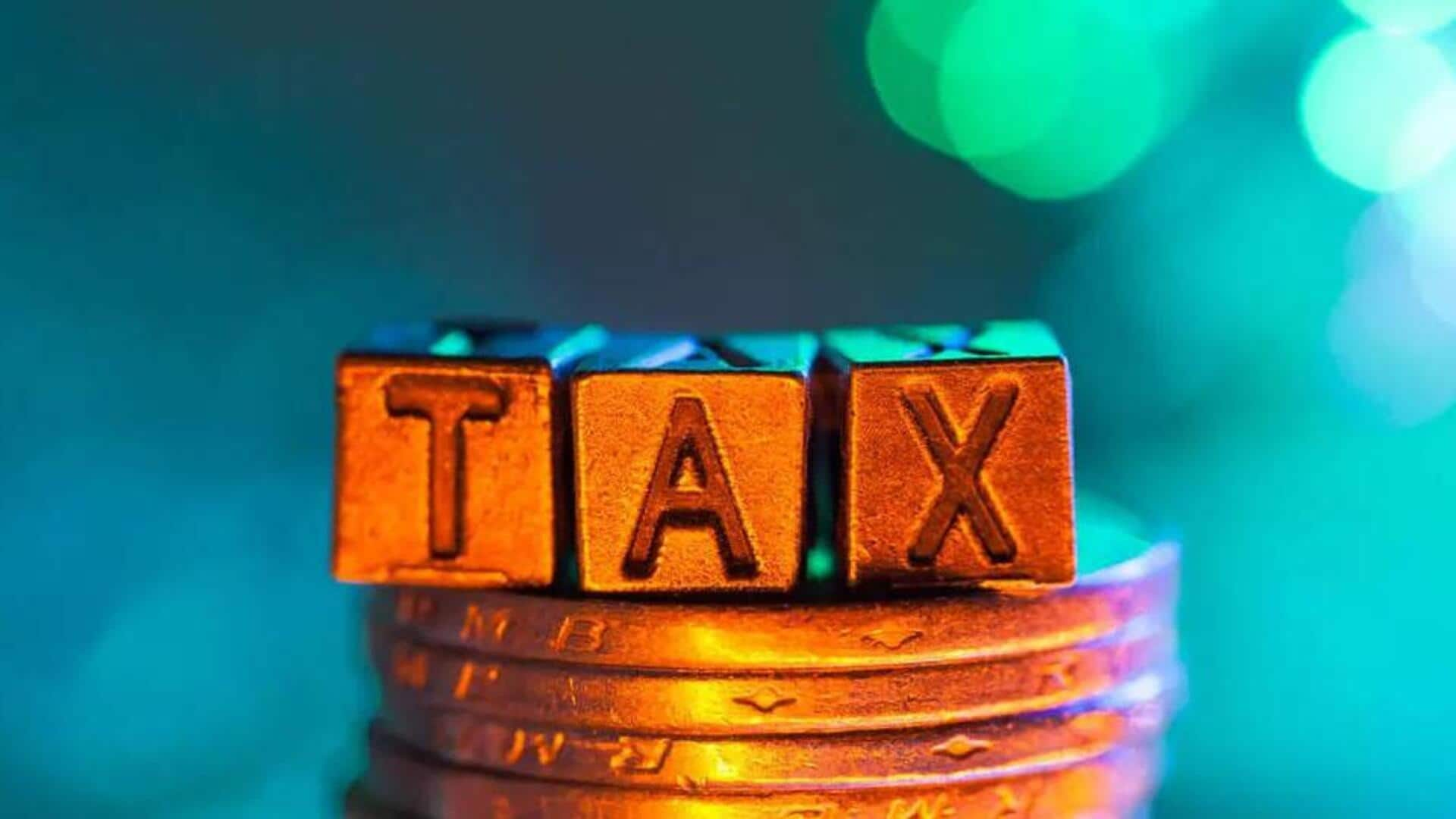
Budget 2024: Long-term capital gains tax hiked, exemption limit raised
What's the story
Finance Minister Nirmala Sitharaman has proposed several modifications to the capital gains taxation regime, in Union Budget 2024. The changes include a new 20% tax rate on short-term capital gains (STCG) on certain assets. Taxes on long-term capital gains (LTCG) have been increased to 12.5%, up from 10%. Finally, the limit for capital gains exemption has been raised from ₹1 lakh to ₹1.25 lakh per year.
Tax continuity
Unchanged tax rates for unlisted bonds, debt mutual funds
Despite the changes, unlisted bonds and debt mutual funds will still be taxed at the existing applicable tax rate. The revisions are part of an effort to rationalize tax rates and foster confidence among retail investors, domestic institutional investors (DIIs), as well as foreign institutional investors (FIIs).
Capital gains
Understanding capital gains: Short term vs long term
Capital gains or losses are determined by the sale of a capital asset. These are classified as short-term or long-term based on the type of asset and its holding period. For instance, listed equity shares sold before 12 months from the date of purchase are considered short-term, while those sold after 12 months are deemed long-term. The same principle applies to unlisted equity shares, with a holding period of 24 months determining their classification.
Past structure
Previous capital gains tax structure
Before these changes, India's capital gains tax structure was multifaceted with various rates, depending on the type of capital asset. LTCG on listed shares or units of equity-oriented mutual funds, were taxed at 10% for gains exceeding ₹1 lakh under section 112A. STCGs were taxed at 15% under section 111A. Other assets like unlisted shares and immovable property had different tax rates.